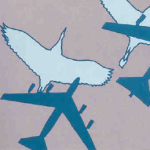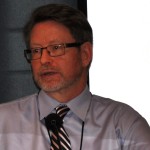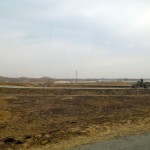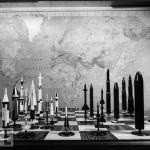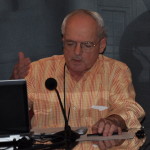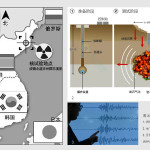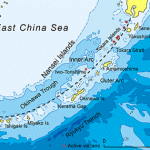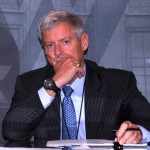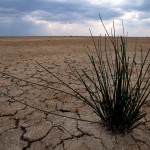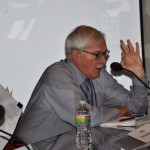
Leon V. Sigal: “Whether a peace treaty precedes or follows denuclearization, it is inconceivable that Pyongyang would curb its nuclear and missile programs, never mind give up its nuclear arms and missiles, without a peace process. As long as the United States and South Korea remain its foes, it will feel threatened and want a stronger “deterrent” to counter that threat.”
Leon V. Sigal is director of the Northeast Asia Cooperative Security Project at the Social Science Research Council in New York.
This report was originally presented at the New Approach to Security in Northeast Asia: Breaking the Gridlock workshop held on October 9th and 10th, 2012 in Washington, DC.


